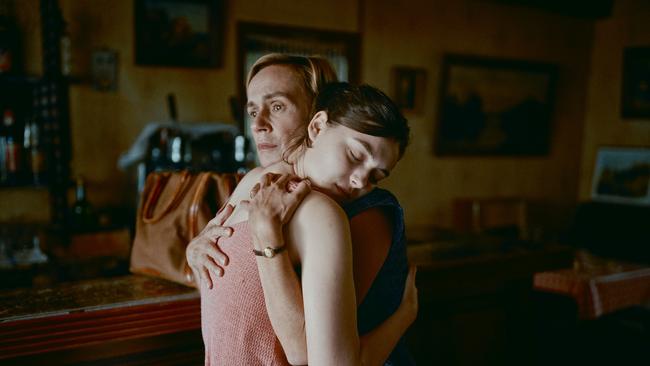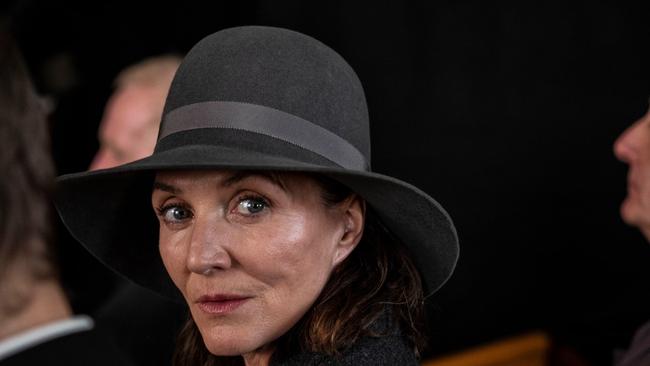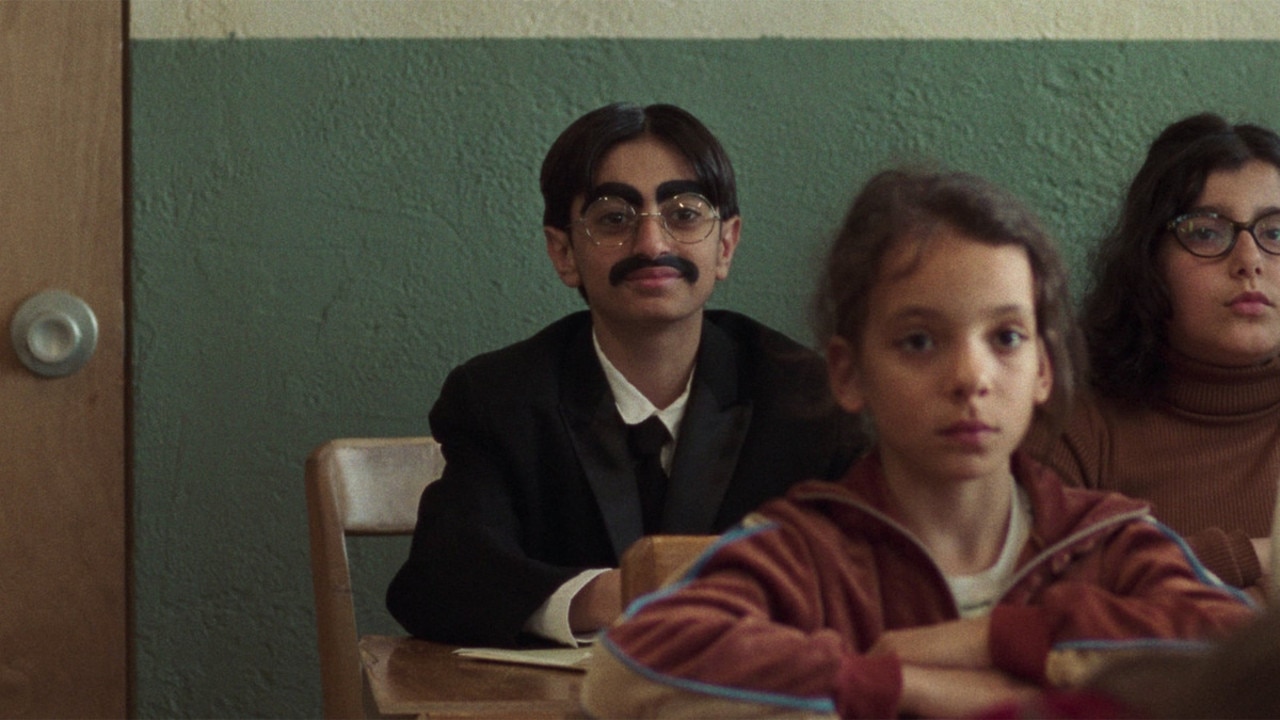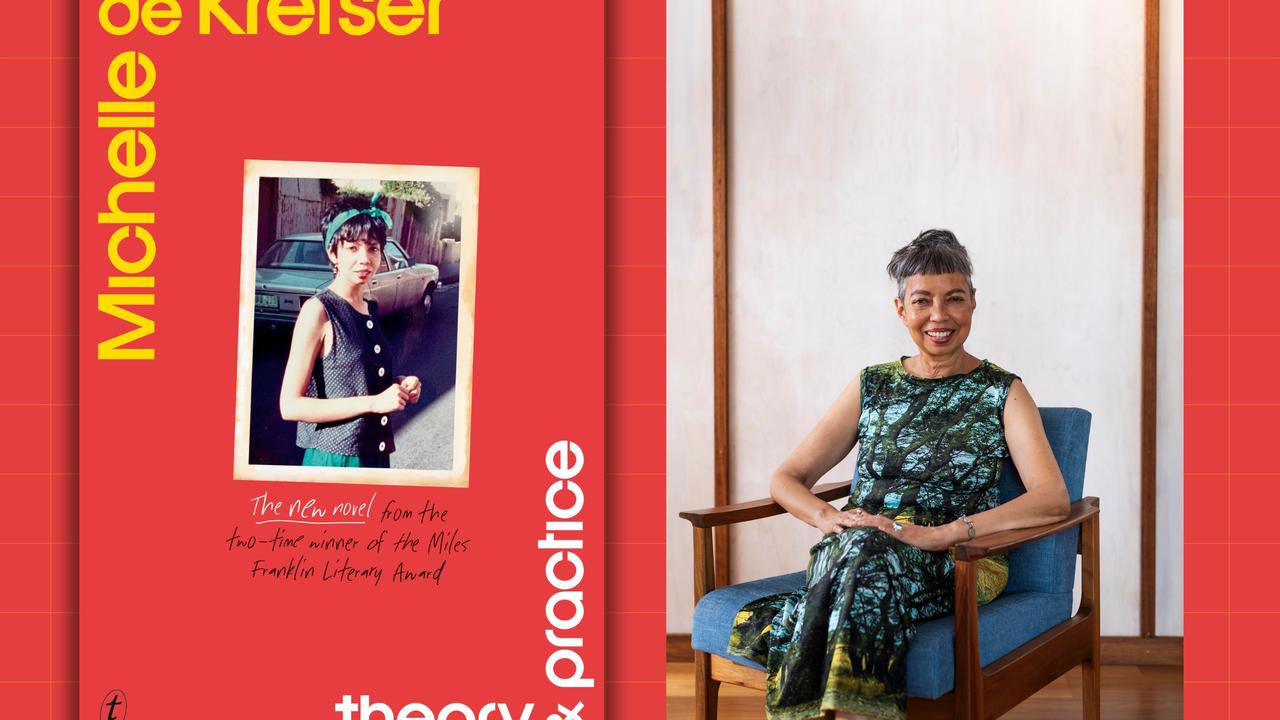Review, Happening (L’evenement)
Anne is a good student, diligent and hardworking, and she’s certain that she’ll succeed in her ambition – until a one-night stand results in pregnancy.

Happening (L’evenement) (R18+)
In cinemas
★★★★½
Happening, a devastatingly good French film from director and co-screenwriter Audrey Diwan, won the prestigious Golden Lion at Venice last year. The film is set in the year 1963 and is based on an autobiographical memoir by Annie Ernaux. This was a time when abortion was illegal and as a consequence a girl who got into “trouble” was faced with almost insurmountable challenges.
Anne, played by the extraordinary Anamaria Vartolomei, comes from a small country town; her parents run a bar/cafe – her mother is played by Sandrine Bonnaire – but she is determined to go to university and is studying hard to this end while staying in a residential school for girls. She’s a good student, diligent and hardworking, and she’s certain that she’ll succeed in her ambition – until fate steps in. She can hardly believe it when a one-night stand with Max (Julien Frison) results in pregnancy. What can she do?
She obviously can’t confide in her parents, so she seeks the advice of her friends, both female and male. She consults her doctor who is sympathetic but who emphatically refuses to help her with an abortion. As the weeks go by she becomes increasingly desperate, reaching out for dangerous and illegal remedies to solve her problem. She eventually makes contact with an abortionist (Anna Mouglalis).
Photographed in the old pre-wide-screen ratio, which gives the drama a confined feeling of claustrophobia, the film is relentless in its depiction of a time when women had no control over their own bodies. One of the doctors the hapless Annie consults, while promising to help her menstruate, prescribes medicine that has exactly the opposite effect.
There are some fairly graphic scenes in the film, especially in the later stages, but the director and her wonderful lead actor bring such honesty and passion to the project that the confronting images seem entirely justified. This “happening” is vividly recalled, honestly and forthrightly explored and flawlessly handled.
-
Nobody Has to Know (M)
In cinemas
★★★½
Why did Phil Haubin (Bouli Lanners) leave his home in Brussels and wind up on a remote island off the coast of Scotland?
We never really discover the answer to this question in Nobody Has To Know. Phil, a decent bloke in late middle age, is working on a sheep farm owned by Angus McPherson (Julian Glover) and gets on well with Angus’s son Peter (Cal MacAninch) and nephew Brian (Andrew Still). It’s tough, backbreaking work; fences have to be repaired, the carcasses of dead sheep retrieved from the swampy bogs into which they have fallen.
One day Phil has a stroke; the camera pans laterally along the side of a dune to discover him lying face down in the sand.
He is taken to hospital in Inverness and recovers – but with a temporary loss of memory. When he returns to the farm Millie (Michelle Fairley), Angus’s middle-aged daughter, tells him that they have been “together”, but he can’t remember any intimacy between them.
With Millie’s encouragement he becomes her lover, but they keep it a secret: “nobody has to know”.
This rather sad little film was written and directed by Lanners and is a Belgian-British co-production.
Its main strength is a palpable sense of place: the windswept island with mountains in the background is a vividly evocative setting (the film was shot on the islands of Lewis and Harris) for a story of isolation, loneliness and a kind of connection.

-
The Good Boss (El buen patron) (M)
In cinemas
★★★★
Javier Bardem gives a powerhouse performance in The Good Boss, an incident-packed drama that unfolds over a period of eight days. With a full head of greying hair, excellent taste in wardrobe, a charming if somewhat patronising disposition, Julio Blanco is the chief executive of Blanco Basculas (Blanco Scales) a long-established manufacturing company that he inherited from his father and which is located in a provincial city.
In the film’s opening sequence Blanco is addressing his employees, referring to them as his family. He tells his staff that he is expecting to receive yet another award for excellence, this time from the local regional council; any day now there will be a visit from the panel that gives such awards, and Blanco is naturally anxious in case anything goes wrong – which, of course, it does.
The problem begins when one of his employees, Jose (Oscar de la Fuente), is fired. Jose takes the dismissal badly and sets up camp outside the factory’s main entrance, together with his children, loudly protesting that he’s the victim of an injustice. Instead of making conciliatory moves towards the disgruntled Jose, Blanco digs in his heels – and Jose becomes more and more strident in his protests.
Another longstanding and trusted employee, Miralles (Manolo Solo), has started behaving erratically because, Blanco discovers, his wife is having an affair. There’s also Fortuna (Celso Bugallo), who seeks help from his boss because his son has been arrested after a racial attack on local Arabs.
Blanco is, not surprisingly, a ladies’ man, and his roving eye is caught by the statuesque Ines (Yael Belicha), a new intern; big mistake.
For Blanco, maker of scales, balance is of paramount importance. But as the days go by leading up to the visit of the awards panel, the balance on which he relies so much is tipped; little by little his well-ordered world is falling apart around him. Bardem displays hitherto untapped range as this avuncular character who proves to be far less confident, far less in control than he had ever believed possible.
It’s a drama featuring a collection of well-developed, intriguing characters, all of them beautifully acted by a fine cast. Writer-director Fernando Leon de Aranoa has certainly created a fine role for one of Spain’s best actors – Blanco is a very long way from his role as Desi Arnaz in Being the Ricardos, but in both roles Bardem excels.




To join the conversation, please log in. Don't have an account? Register
Join the conversation, you are commenting as Logout